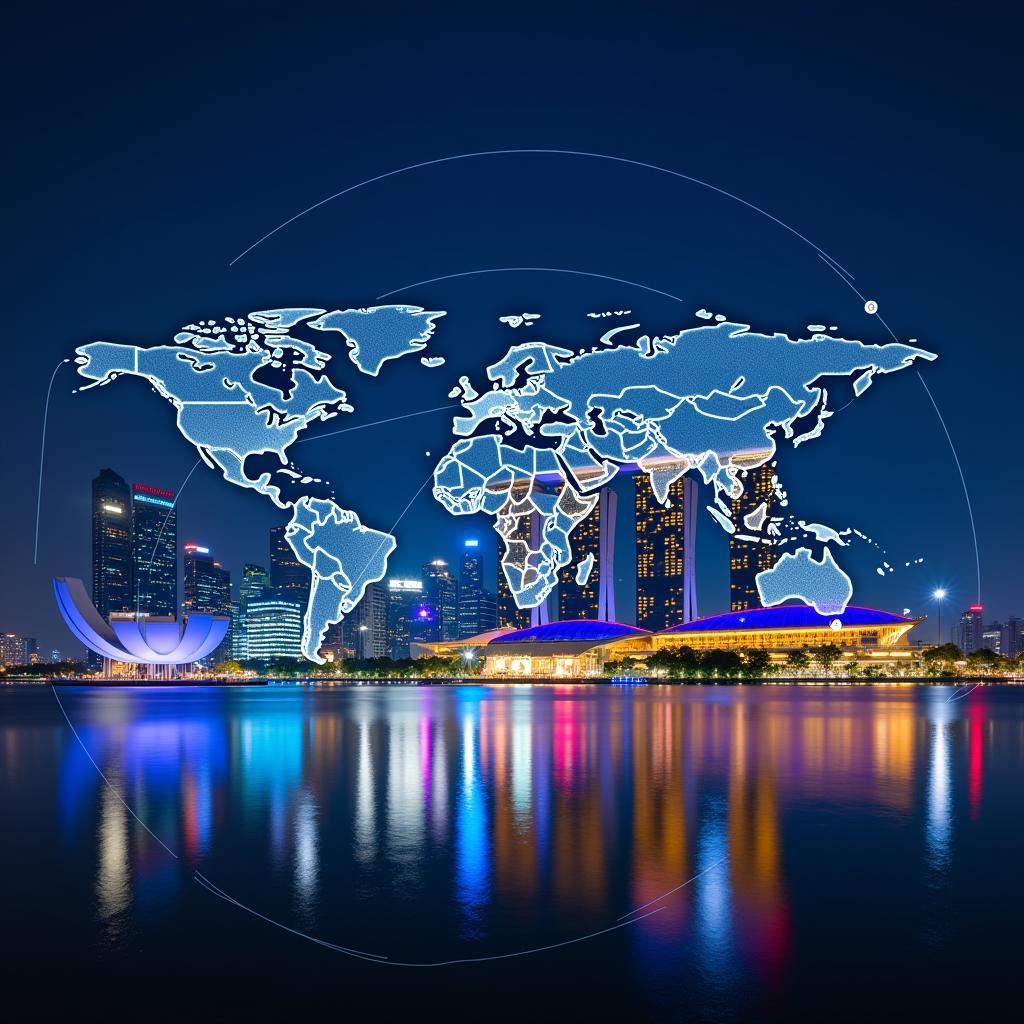As Southeast Asia experiences rapid economic growth, the demand for energy is skyrocketing. This presents both a challenge and an opportunity: how can the region meet its energy needs while also ensuring a sustainable future? ASEAN, the Association of Southeast Asian Nations, is taking a proactive approach, recognizing that Asea Energy solutions are key to balancing economic development with environmental responsibility.
The Current Landscape of ASEA Energy
The ASEA energy sector is characterized by a mix of fossil fuels, hydropower, and a growing share of renewable energy sources. While fossil fuels still dominate, there’s a clear shift towards cleaner alternatives. This transition is driven by several factors:
- Environmental Concerns: Southeast Asia is particularly vulnerable to the impacts of climate change, from rising sea levels to extreme weather events. This vulnerability has fueled a sense of urgency in adopting sustainable energy solutions.
- Economic Opportunities: The region is witnessing a boom in renewable energy investments, creating jobs and boosting local economies.
- Energy Security: Reducing reliance on fossil fuel imports is a priority for many ASEAN countries, and renewable energy offers a path towards greater energy independence.
Harnessing the Power of Renewables
ASEAN has set ambitious targets for renewable energy, aiming for 23% of primary energy supply to come from renewables by 2025. To achieve this, countries are implementing various policies and initiatives:
- Feed-in Tariffs: Offering guaranteed prices for renewable energy fed into the grid, encouraging investment in solar, wind, and biomass projects.
- Net Metering: Allowing individuals and businesses generating their own renewable energy to sell excess power back to the grid.
- Renewable Energy Auctions: Creating a competitive market for renewable energy projects, driving down costs and encouraging innovation.
Overcoming Challenges, Unlocking Potential
While the future of ASEA energy is bright, challenges remain:
- Investment Needs: Large-scale infrastructure development requires significant financial resources. Attracting private sector investment through favorable policies and risk mitigation measures is crucial.
- Grid Integration: Integrating intermittent renewable energy sources like solar and wind into existing power grids requires sophisticated technologies and grid modernization efforts.
- Capacity Building: Developing a skilled workforce capable of installing, operating, and maintaining renewable energy systems is essential for long-term success.
ASE Solar Co. Ltd Kenya: A Case Study in Cross-Regional Collaboration
The quest for sustainable energy solutions often transcends geographical boundaries. A prime example of this is ASE Solar Co. Ltd Kenya, a company specializing in providing affordable solar energy solutions in East Africa. While not directly within Southeast Asia, their work highlights the global nature of the renewable energy sector and the potential for cross-regional learning and collaboration.
ASEAN’s Energy Future: A Collaborative Effort
Addressing the energy challenges and opportunities in Southeast Asia requires a collaborative approach. ASEAN member states are actively working together to:
- Share Best Practices: Exchanging knowledge and experience in renewable energy policy, technology, and project implementation.
- Develop Regional Power Markets: Facilitating cross-border electricity trade, enhancing energy security, and optimizing the use of renewable energy resources.
- Attract International Investments: Collaborating with international partners to secure funding and technical assistance for renewable energy projects.
Conclusion: A Brighter and More Sustainable Future
ASEA energy is at a pivotal point. By embracing renewable energy sources, promoting regional cooperation, and fostering innovation, ASEAN is well-positioned to power its future growth sustainably. The transition to a cleaner energy future will bring not only environmental benefits but also economic prosperity and energy security for the entire region.
Need help navigating the complexities of the ASEA energy landscape?
Contact us:
Phone: 0369020373
Email: aseanmediadirectory@gmail.com
Address: Thon Ngoc Lien, Hiep Hoa, Bac Giang, Vietnam.
Our dedicated customer support team is available 24/7 to assist you.
